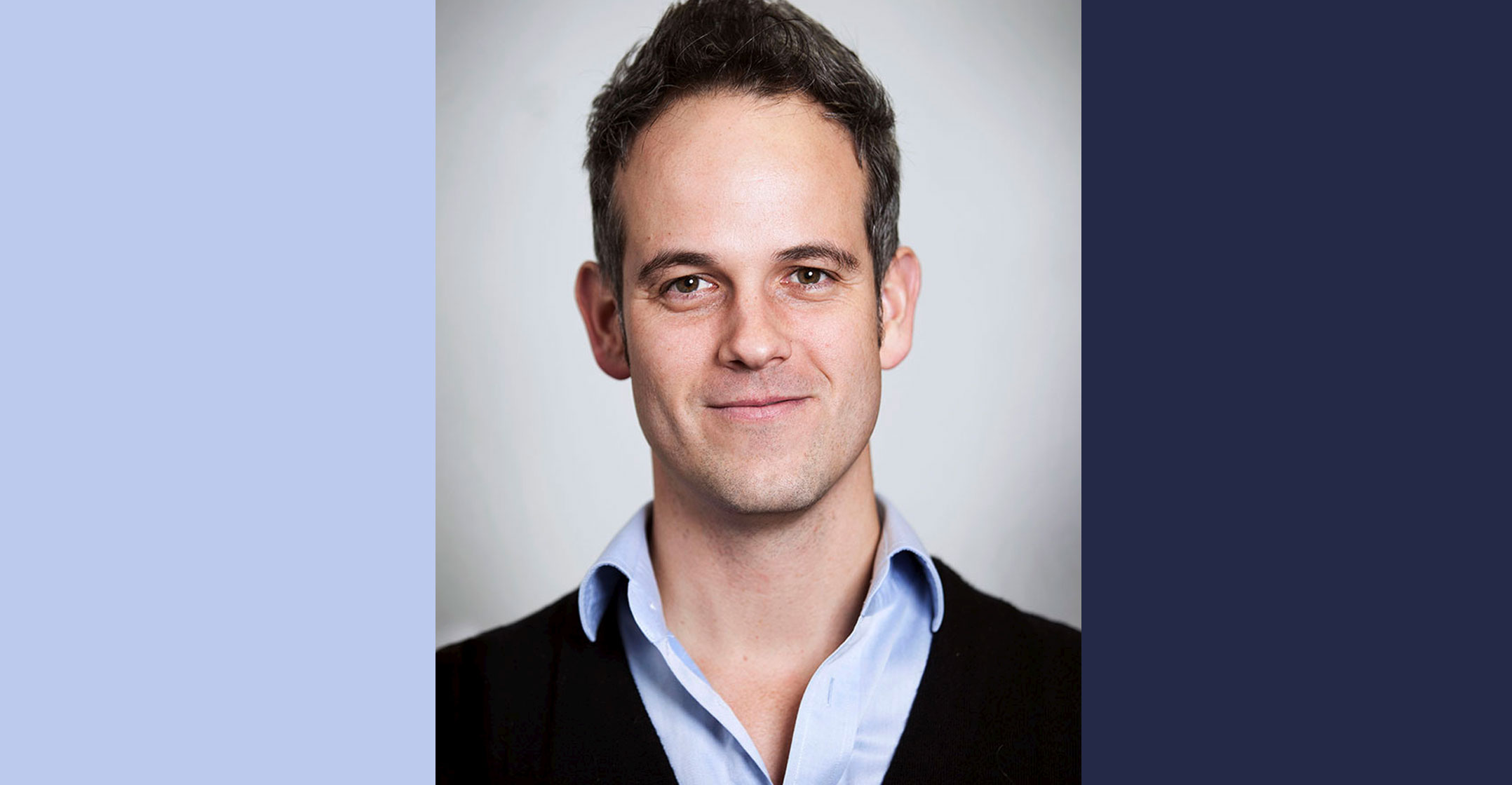
[dropcap]S[/dropcap]am Paddock, the co-founder and CEO of Cape Town-based online education company GetSmarter, which has just been acquired by Nasdaq-listed 2U for US$103m (about R1.3bn), believes South African start-ups often sell themselves short, thinking they are not as good as their international peers.
“I think that’s rubbish,” Paddock said in a podcast interview with TechCentral on Monday.
The deal between 2U and GetSmarter, which Paddock founded with his brother Rob in 2008, closed two weeks ago. GetSmarter develops online short courses in partnership with higher education institutions, including Cambridge University, Harvard University, the Massachusetts Institute of Technology and the Universities of Cape Town, Witwatersrand and Stellenbosch (Business School).
GetSmarter’s revenue was $17m in 2016, primarily generated by students enrolled in the company’s programmes with South African universities and one university in the US, 2U said in a statement the deal was announced in May.
GetSmarter has served more than 50 000 students since inception, with course completion rates averaging 88%. Its portfolio includes about 70 short courses offered with its university partners. It operates under a revenue-share model with its university clients.
Before the 2U acquisition, GetSmarter had already built a global company “competing with very heavily resourced global players who took well over US$100m in funding and who didn’t manage to succeed the way we did and we didn’t take any funding”, Paddock said in the podcast.
“The pure human capital in South Africa — and in Cape Town specifically, but also Johannesburg and throughout the country — is exceptional. We shouldn’t undersell our potential.”

Even if the 2U deal hadn’t transpired, GetSmarter would still be building a global business from South Africa, Paddock said. “South Africans can build global businesses and we shouldn’t sell ourselves short. We need to start believing more in ourselves.”
He said South Africa offers entrepreneurs “meaningful” advantages over those operating in the developed world. One of these is the cost of labour, which is particularly important for those in services-based industries. “These advantages should be playing a role in the way we think strategically about our businesses,” he said.
He added that there is also a “healthy degree of luck” involved, but “the harder you try the luckier you get”. — (c) 2017 NewsCentral Media
- Listen to the podcast: Interview: GetSmarter CEO Sam Paddock




